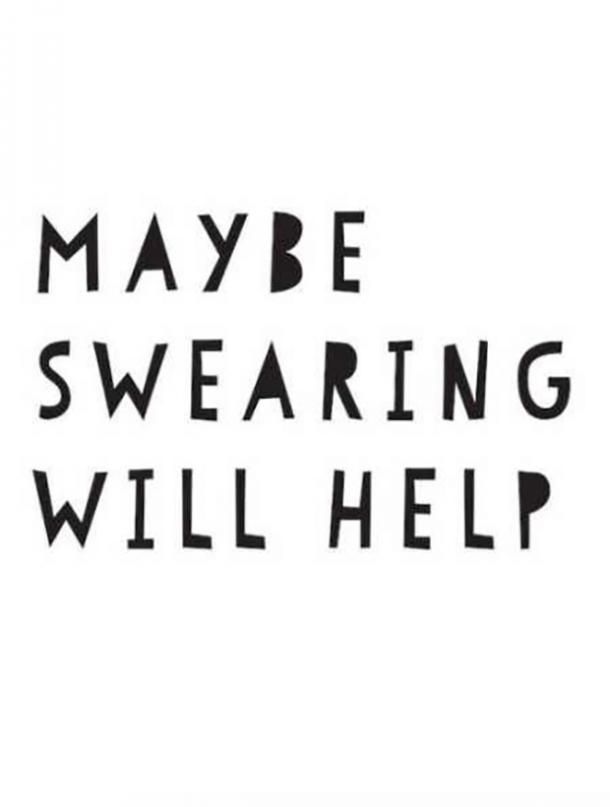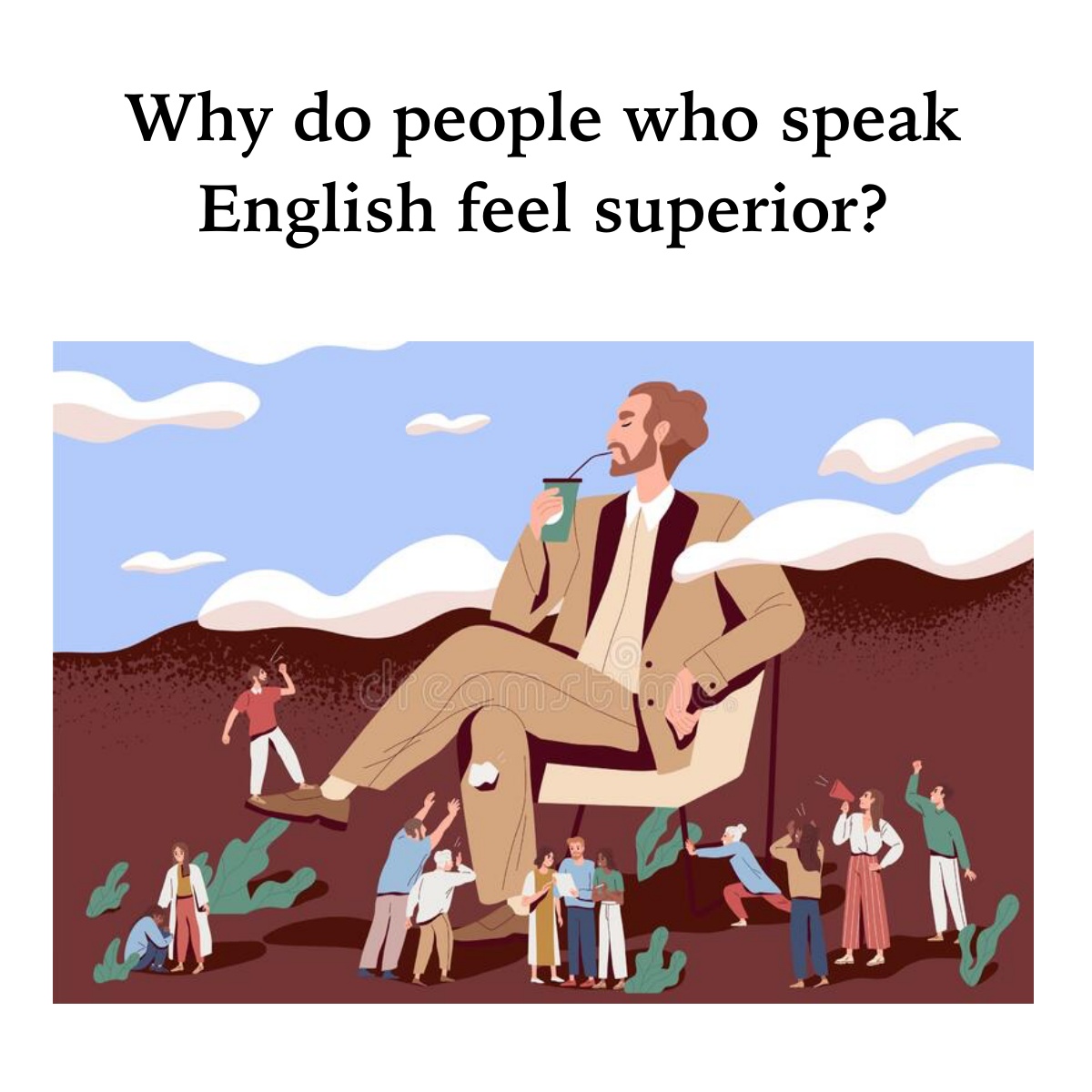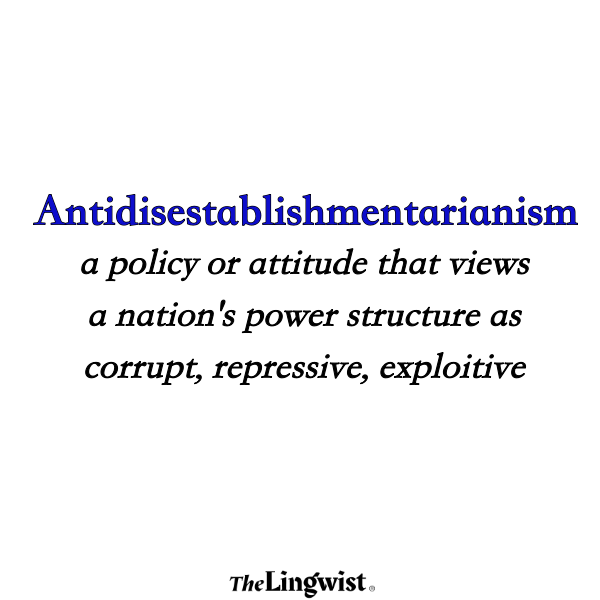Have you ever stubbed your toe in the middle of the night and let out a word that would make your grandmother blush? Or perhaps you’ve been stuck in traffic, only to release a string of expletives that could peel paint off a wall? Well, you’re not alone. Swearing is a universal human experience, a cathartic release that transcends cultures and languages. But where do these colorful words come from, and why do we love them so much? Buckle up, because we’re diving into the fascinating—and often hilarious—history of cursing!
Thank you for reading this post, don't forget to subscribe!1. Swear Words: The Original F-Bomb
Let’s start with the granddaddy of all curse words: the infamous “F-word.” Despite its reputation, this word has surprisingly scholarly origins. It’s believed to come from the Middle English word “fokken,” which means to strike or penetrate. Over time, it evolved to describe certain adult activities that I’m not going to detail here because, you know, this is a family-friendly article. But let’s just say, this word has gone from literal to figurative faster than a driver in rush hour traffic dropping the F-bomb at every turn.
2. The S-Word: From Fertilizer to Foul Language
Ah, the “S-word.” It’s earthy, it’s pungent, and it’s probably one of the oldest swear words in the book. Originally, this word simply referred to feces, a perfectly normal, everyday substance in medieval times. Farmers used it to fertilize their crops, and it was so common that it wasn’t considered rude at all! Fast forward a few centuries, and now it’s the go-to word when you drop your ice cream cone or realize you’re late for an important meeting. It’s funny how a word can go from manure to meaningful in a flash.
3. The “B-Word”: From Canine Companion to Insult
Next up, we have the “B-word.” Originally, this was just a term for a female dog. But somewhere along the line, humans decided it would be a great insult for a nagging person (usually a woman, because history wasn’t always fair). Now, it’s a staple of reality TV shows, often bleeped out with a dramatic “beep” that somehow makes it sound even worse.

4. “Damn” and the Darned Evolution of Swearing
“Damn” has a religious background—it literally means to condemn someone to hell. Back in the day, this was a serious curse, especially if uttered by a clergyman. Nowadays, it’s almost quaint, a swear word that feels like it belongs in a black-and-white movie. Imagine an old-timey gangster saying, “Well, I’ll be damned!” in a 1940s film. It just doesn’t have the same punch as it used to. “Dang” and “darn” came about as more polite versions, but let’s be honest—they’re like the diet cola of swear words.

What happens when you say “Damn” in a Catholic school.
5. Swearing Around the World: Universally Offended
Swearing isn’t just an English phenomenon—every language has its own colorful expressions. The French have their famous “merde,” the Italians have “cazzo,” and the Japanese have “baka” (which is a lot milder, meaning “idiot,” but still gets the point across). Even in societies that are considered more “reserved,” like Finland, swearing is practically an art form. Ever tried “perkele,” anyone? Swearing is, in many ways, a universal language. If aliens ever landed on Earth, I bet the first thing they’d learn would be our favorite curse words.
6. Shakespeare: The Original Swear Innovator
Before there were rappers or stand-up comedians, there was William Shakespeare. That’s right, the Bard himself was a master of creative insults and expletives. Ever heard someone called a “jackanape” or a “canker-blossom”? Thanks, Shakespeare. If you ever feel like your swear words are getting stale, just crack open some Shakespeare for a fresh batch of Elizabethan curses. “Thou art a boil, a plague sore, an embossed carbuncle in my corrupted blood!” Try dropping that next time someone cuts you off in traffic.

7. The Psychology of Swearing: Why We Love to Curse
Why do we swear? Well, it turns out that letting loose a good curse word can actually make you feel better. Swearing has been shown to help reduce pain, relieve stress, and build camaraderie among friends. It’s like a verbal high-five for your soul. In fact, one study found that swearing can increase pain tolerance by up to 50%! So next time you stub your toe, don’t hold back—just make sure grandma isn’t around.
8. Swear Words in Pop Culture: Bleep, Beep, and Beyond
From movies to music to TV shows, swear words are everywhere in pop culture. Remember the iconic scene in “A Christmas Story” where Ralphie drops the F-bomb (only they call it “fudge” to keep it PG)? Or what about Samuel L. Jackson, who has made swearing an art form in films like “Pulp Fiction” and “Snakes on a Plane”? Swearing has become so ingrained in our media that sometimes we don’t even notice it anymore—unless it’s beeped out, and then it just sounds hilarious.
9. How Not to Swear (But Still Get Your Point Across)
If you want to keep it clean but still get your point across, why not invent your own swear words? Instead of saying the usual, try something like “fiddlesticks,” “shucks,” or even “Jiminy Cricket!” Get creative! The possibilities are endless, and you might just make your friends and coworkers laugh with your off-the-wall expressions.
10. The Future of Swearing: Are New Words on the Horizon?
As society evolves, so does our language—including our swear words. The internet has already given rise to new slang, abbreviations, and acronyms that we never could have imagined. Who knows? Maybe in the future, our great-grandchildren will be saying things like, “By the neural-net processors of Jupiter!” when they’re upset. Or perhaps they’ll have developed some new, polite curse words that would still make their ancestors blush. Only time will tell.
Swearing is Here to Stay (And We’re Glad!)
Swearing has been with us since the dawn of language, and it’s not going anywhere. Whether you’re venting frustration, expressing pain, or just trying to add a little color to your conversation, a well-placed swear word can be the perfect tool. Just remember to use it wisely—and maybe not around your grandma.
So the next time you’re about to drop an F-bomb or let slip a string of expletives, remember—you’re participating in a long, proud history of linguistic rebellion. Swear proudly, swear loudly, and most importantly, swear creatively!
See Also: Discover The Origin of the English Alphabet: How Its Smallest Elements Tell the Story







